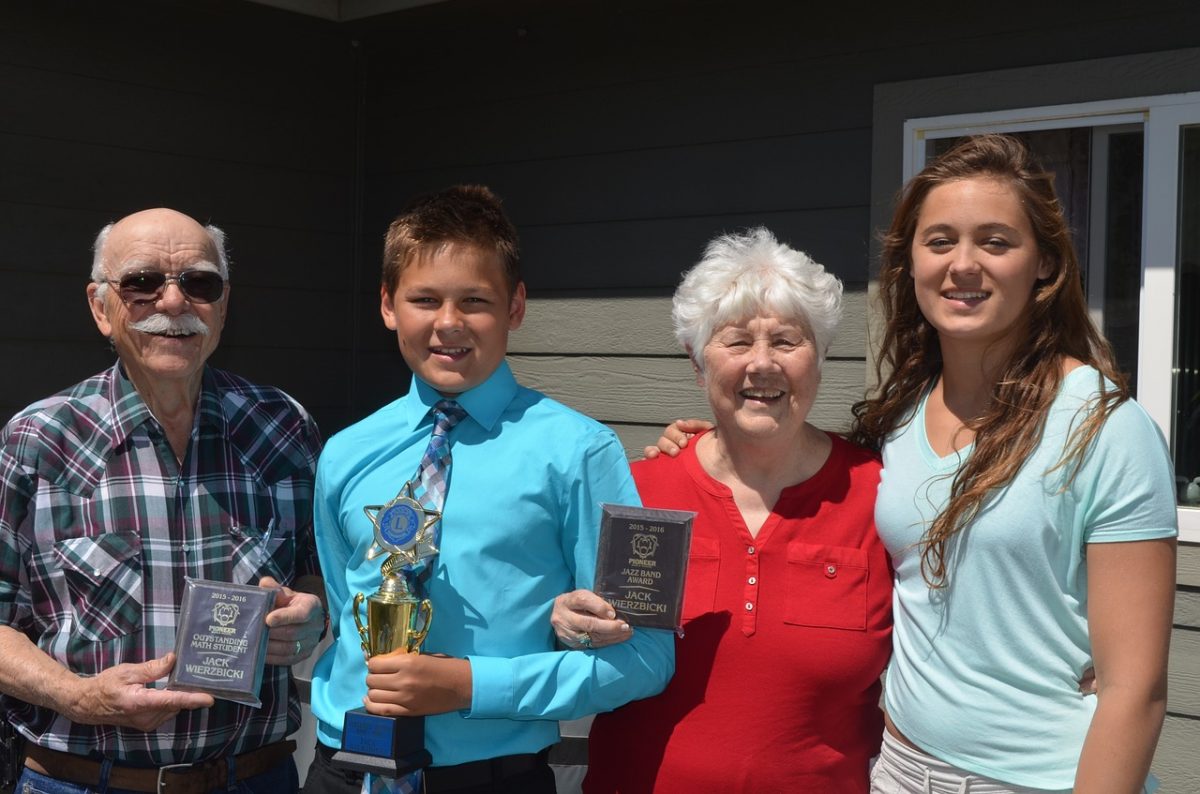“A small fire that warms is better than a big fire that burns.”
In the classic children’s book, The Lorax, Dr. Seuss tells the cautionary tale of the Onceler, a man who invents a popular product that takes the world by storm, but ultimately destroys his world because he doesn’t know when to say enough is enough. It’s a tale meant to warn about environmental consciousness, but it also encapsulates the lesson of the Irish proverb that says a small fire that warms is better than a big fire that burns. The lesson can oftentimes be applied in the context of divorce and family law cases. Specifically, those involved need to be mindful that decisions that are made during a family law case can have significant consequences that resonate far beyond a money award, a Christmas Eve visit, or who gets the lawnmower.
For example, if you have children, you and your children will be dealing with the other parent for the rest of your lives. How you engage with the other parent may have benefits now, but if the present decision impacts your children for life or makes it difficult for your child to enjoy milestones in their own lives, it’s quite possible that having the larger fire now just means more damage in the future.
Or what if there is something that you really want, but getting it means that you have to give up some other right that you may have? Is reaching and grabbing for every little possible crumb really going to be worth it if it costs you the most important thing in your life? Compromise can be hard, but it can also carry enormous benefits and knowing when to fight and when to concede is an important skill to make sure that your future doesn’t go up in smoke.



